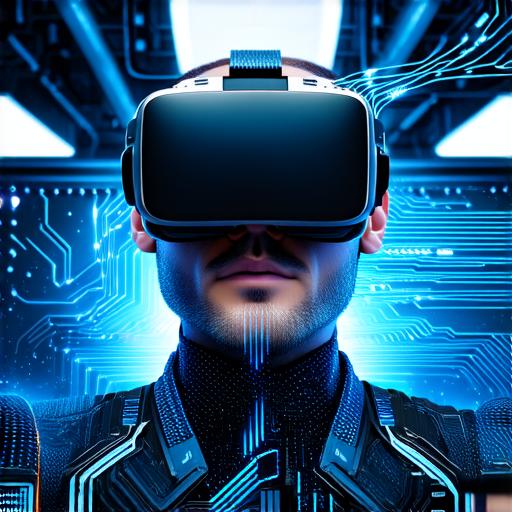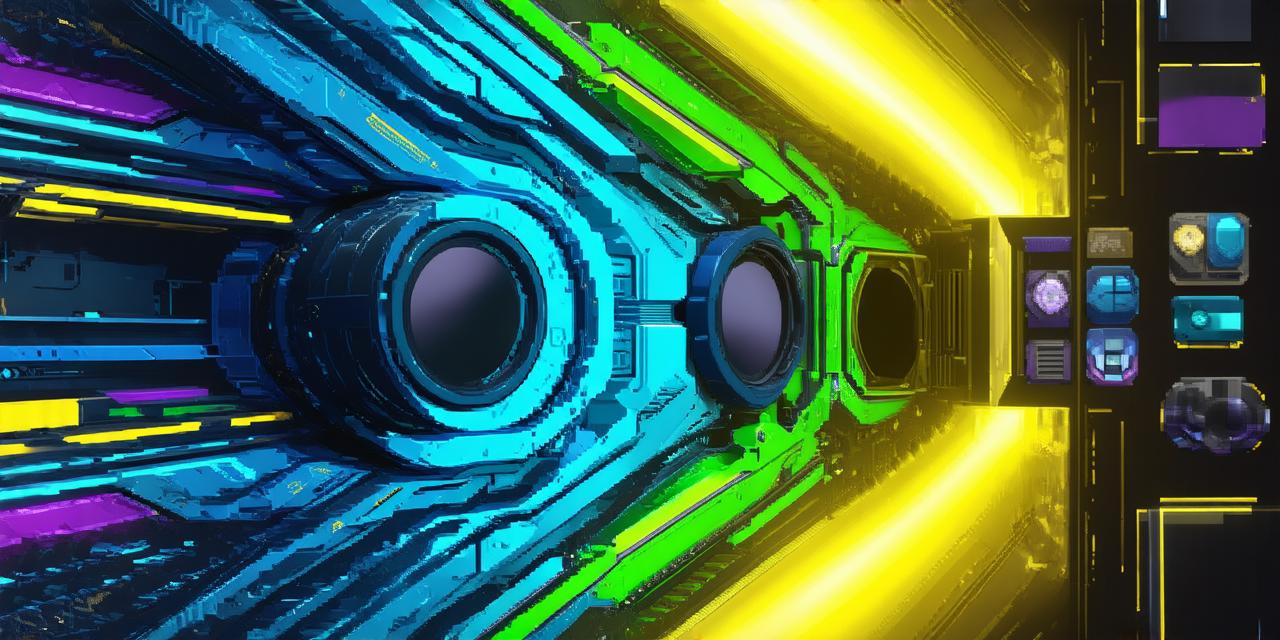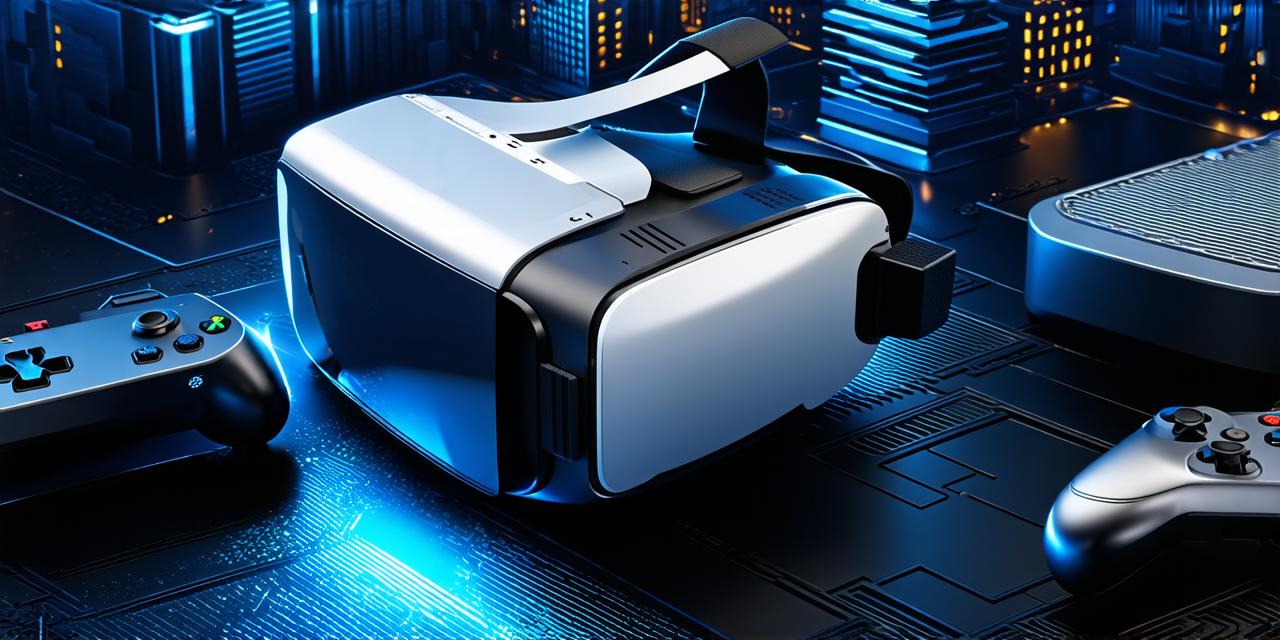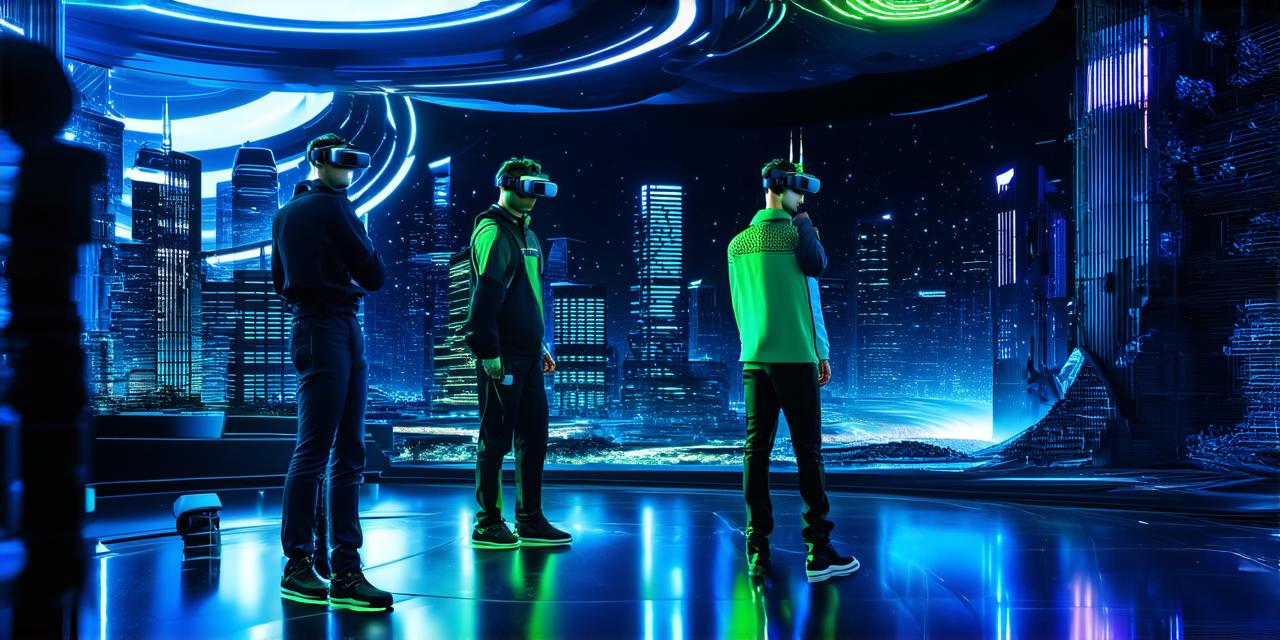Virtual reality technology has come a long way since its inception, with many real-world applications now emerging in various industries.
Gaming and Entertainment
Virtual reality gaming is one of the most well-known and widely used applications of VR technology. The immersive experience provided by VR headsets allows players to fully immerse themselves in a game, giving them a sense of presence that traditional gaming cannot replicate.
This has led to the development of popular VR games such as “Beat Saber,” “Job Simulator,” and “Tilt Brush.”
Training and Education
Virtual reality technology is increasingly being used for training and education purposes. This is because VR provides an immersive and interactive environment that can simulate real-world scenarios, allowing individuals to practice skills and gain experience without risking injury or damage to equipment.
One example of this is the use of virtual reality in medical training, where students can practice surgical procedures in a safe and controlled environment. This has led to improved patient outcomes and reduced risks for patients during actual surgeries.
Virtual reality is also being used in military training, where soldiers can simulate combat situations and train for real-world scenarios. This allows them to be better prepared for the challenges they may face on the battlefield.
Tourism and Travel
Virtual reality technology is also being used in the tourism industry to provide immersive experiences that allow individuals to explore different parts of the world without having to leave their homes. This has led to the development of virtual tours of museums, art galleries, and historical landmarks, as well as virtual vacations to tropical beaches and other destinations.
Virtual reality is also being used in the travel industry for planning and designing trips. For example, a travel company can use VR technology to create a virtual tour of a destination, allowing potential customers to see what the location has to offer before making a final decision on whether or not to visit.
Mental Health and Therapy

Virtual reality technology is also being used in mental health and therapy applications. This is because VR provides an immersive and controlled environment that can simulate real-world scenarios, allowing individuals to confront their fears and anxieties in a safe and controlled setting.
For example, virtual reality exposure therapy has been shown to be effective in treating anxiety disorders such as phobias and post-traumatic stress disorder (PTSD). This technology allows individuals to face their fears in a controlled environment, gradually reducing their anxiety levels over time.
Conclusion
Virtual reality technology is rapidly changing the way we live, work, and play. With its ability to provide immersive and interactive experiences, VR has numerous applications across various industries, including gaming and entertainment, training and education, tourism and travel, and mental health and therapy. As this technology continues to evolve, we can expect even more innovative uses of VR in the future.



